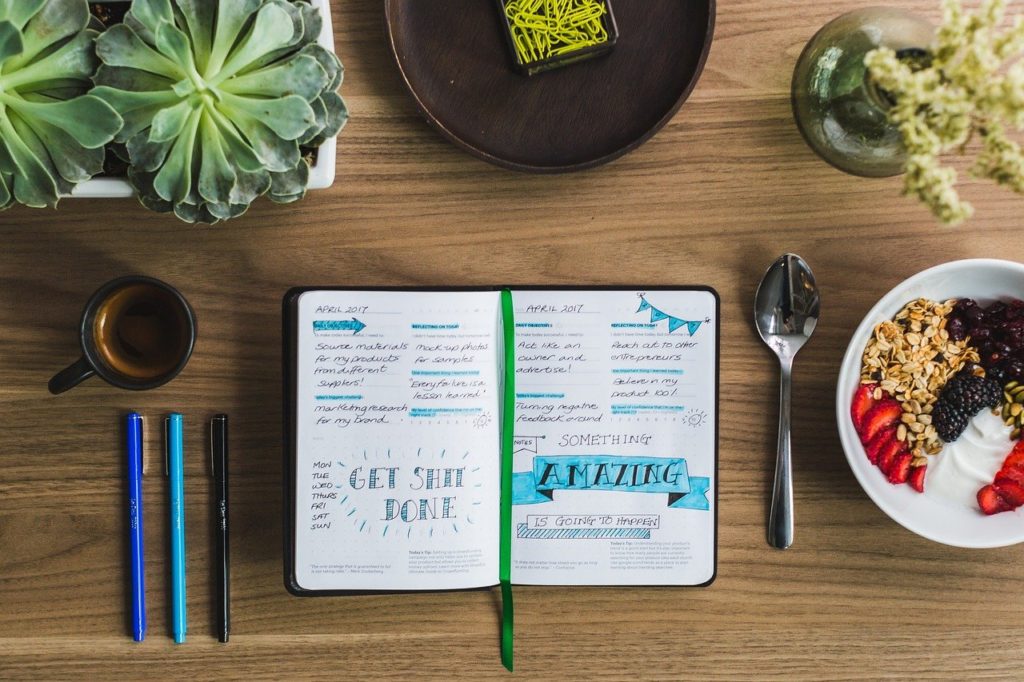All opinions are mine and mine alone.
For most people, the last year and a half has been a long, hard journey. Living through the pandemic has really underlined the importance of practicing effective self-care even when you’re on a tight budget. As a result, there’s been an upswing of interest in journaling for mental health. Here’s what you need to know about it.

Journaling is about feelings not schedules
A journal is different from both a diary and a habit tracker. Once you start journaling, you may want to branch out into these. It is, however, important to be clear that journaling, diary writing, and habit tracking all serve different purposes. Journaling is about capturing your thoughts and feelings. Diaries and habit trackers are both mainly about recording facts.
One of the key points of journaling is that you need to be honest about what you’re thinking and feeling. A journal is a private record (unless you choose to make it public). Nobody’s going to see it let alone judge it. If you need to vent, you can go right ahead and do so. You may, however, want to try and end each journaling session with some brief gratitude journaling.
This is exactly what it suggests. It’s basically your chance to write a short thank you note to whoever or whatever has made your day a bit better. Remember, this could be you. For example, you could thank yourself for being able to keep your temper despite your frustrations. Recognize your own achievements, however small, and celebrate them.
You can journal whenever it suits you
Some journalers like to debate the pros and cons of journaling at different times of the day. For example, some people like to journal in the morning to set themselves up for the day. Other people like to journal in the evening to empty their minds before they sleep. Essentially, however, it’s whatever works for you.
Likewise, you can usually journal wherever it suits you. Really all you need is the ability to focus. What this means in practice depends on you. Some people benefit from quiet. Others can tune out background noise while others actively enjoy it.
You can also journal with whatever you have at the time. It’s up to you if you want to transfer what you’ve written to a designated journal. Even if you do like to keep a specific book for journaling, you can use a regular notebook. If you like to use prompts, just list them on one page and copy them across each time you journal.
Writing often helps to make it real
You can journal digitally but many people find that the physical act of writing helps to make the experience of journaling more real for them. If you feel like that but don’t want to keep a lot of paper (or don’t have storage space for it), you can journal on paper and then photograph the results.
You can also add pictures to your journal. These can be a great way of conveying emotions when you can’t find the right words. If you’re not artistic, you can simply doodle or get photos from the internet.



Speak Your Mind